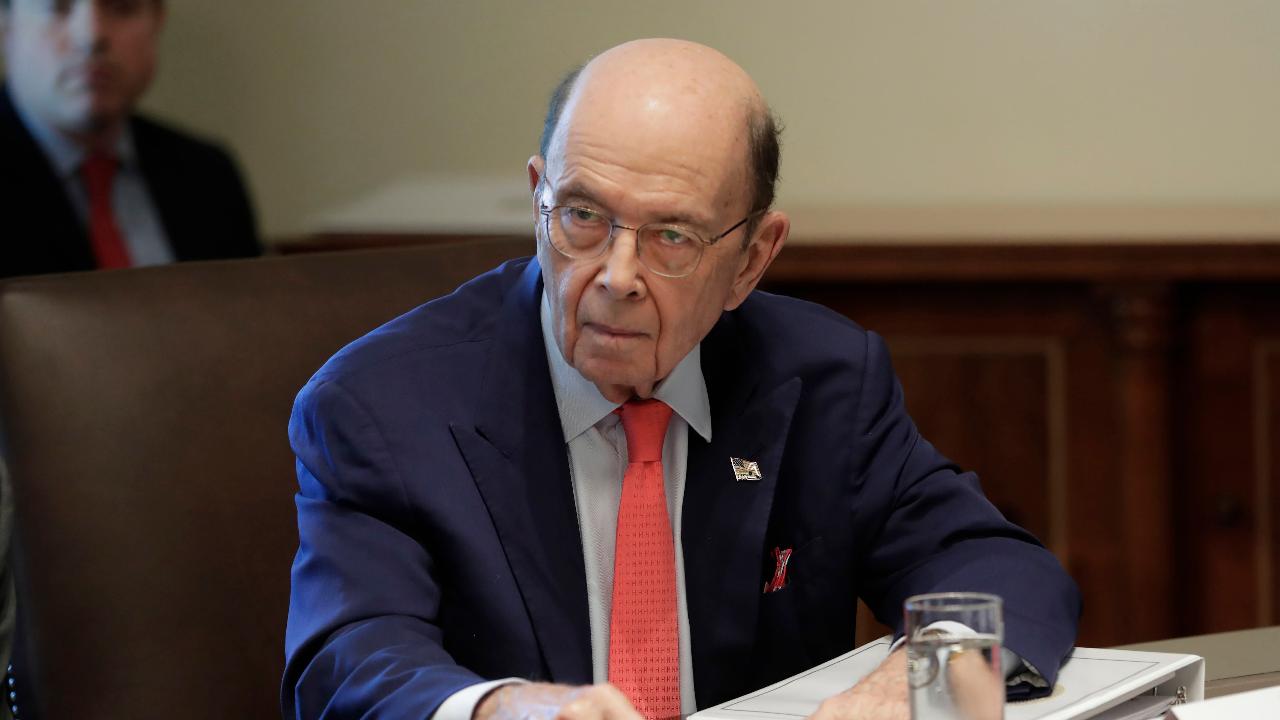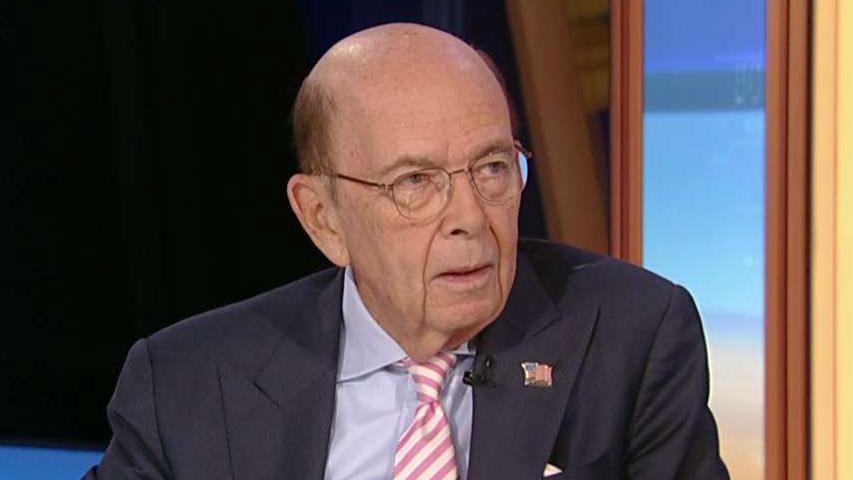Wilbur Ross: Trump administration is making good on its commitment to our Indo-Pacific partners
A renewed partnership, a transformative vision. This is what President Donald J. Trump outlined for United States and Indo-Pacific relations almost two years ago in Da Nang, Vietnam, and it is what the United States is championing now at the Indo-Pacific Business Forum in Bangkok, Thailand.
During the second half of a historic trip in 2017 that also featured stops in Japan, South Korea, China and the Philippines, President Trump laid out an optimistic view of future ties between the United States and its partners in the Indo-Pacific. At the 2017 Asia-Pacific Economic Cooperation (APEC) CEO Summit, the president called for a change from the imbalances of the past and a move to a new trade paradigm.
This new approach to our partner nations stretching from the western edge of the Indian Ocean, across the historic trade routes of Southeast Asia, south to the Australian continent, across the Pacific, and all the way to the West Coast of California would rest on sovereignty, mutual respect, fairness and reciprocity -- the Indo-Pacific vision.
American trade relationships with the Indo-Pacific region can be traced nearly to the founding of our country. In 1784, just 8 years after we won our independence, the young United States sent a trade mission to Canton, China. The United States established its first consular presence in Calcutta just 10 years later and established formal diplomatic ties with the Kingdom of Siam in 1833 -- our Nation’s first in Asia.
GET FOX BUSINESS ON THE GO BY CLICKING HERE
Additionally, my own travel reflects the key relationships the United States has with the region, as I have personally trekked across the region to India, Singapore, Sydney, Australia, Laos and Japan, just to name a few.
The United States is proud of its historic trade relationship with the Indo-Pacific region, which has grown by almost 6 percent last year to a record of nearly $2 trillion, an amount larger than the economies of all but eight countries in the world. However, the significant trade imbalance -- $1.23 trillion in imports to the United States but only $720 billion in exports -- presents a challenge to this relationship, as many American industries and workers are disadvantaged.
For this reason, President Trump and those of us on his cabinet are insisting on eliminating barriers that artificially sustain these imbalances.
To discover how this disparity came to be, we must travel decades back in time. When the countries across Asia began building advanced economies in the 20th century, raising hundreds of millions out of poverty, they did so with the help of an American trade policy designed to grow these markets and production bases in the expanding nations, but this sometimes came at the expense of our own.
In Thailand, for example, access to United States markets contributed to a welcome decline in the poverty rate from 67 percent in 1986 to 7.8 percent in 2017. The Thai economy grew at an average rate of 7.5 percent between 1950 and 1996, then at an average of 5 percent even after the Asian financial crisis.
Now that the nations of the Indo-Pacific, such as Thailand, are thriving, it is time for all of us to update our approach to regional trade and investment accordingly.
The economies of Asia prospered while the United States military secured sea lanes and open American markets powered Asia’s productivity growth. Now that the nations of the Indo-Pacific, such as Thailand, are thriving, it is time for all of us to update our approach to regional trade and investment accordingly.
Recently, the president secured significant agreements with South Korea and Japan. Moreover, we are in trade discussions with India, having granted that country Strategic Trade Authorization last year to facilitate high-technology exports from the United States.
At the same time, we are confronting China’s unfair trade policies. After decades of predatory behavior, the Trump administration has secured a substantial “phase 1” trade deal and is moving forward with negotiations, seeking a deal that will establish free and reciprocal trade, level the playing field for American workers, and impose concrete enforcement mechanisms.
Through all of this, the United States will remain a champion of commerce with the wider Indo-Pacific, the largest destination for American investment. U.S. companies currently have over $886 billion invested in the Indo-Pacific countries combined.
CLICK HERE TO READ MORE ON FOX BUSINESS
Efforts sprung from the United States are bearing fruit across the region. The American electrical power company AES is developing a $1.4 billion liquefied natural gas (LNG) import terminal and 2.2 gigawatt, $1.7 billion combined cycle gas power plant in Vietnam.
In Bangladesh, United States LNG firm Excelerate has invested almost half a billion USD in the country’s first LNG import terminal. And for Indonesia, the Philippines, and Pacific Islands, Boeing is launching a new satellite to bring the internet to less affluent and remote communities.
INSIGHT INVESTMENT’S GAUTAM KHANNA: LOW INTEREST RATES CAN HURT YOU — HERE IS WHAT YOU NEED TO KNOW
The changes underway in regional and global trade and investment flows present a golden opportunity for Indo-Pacific governments to strive to create the most transparent, predictable and reliable economic institutions to promote free and fair competition, as well as sustainable, private sector-led economic growth.
The Trump administration is committed to a renewed focus on trade, business and investment with our Indo-Pacific partners. Nearly two years ago, the president set out a vision of a prosperous region and relationships based on mutual respect, fairness and reciprocity.
The Trump administration is coming to Bangkok this year to make it clear that we are dedicated to making that vision a reality.
Wilbur L. Ross, Jr. was sworn in by Vice President Mike Pence as the 39th Secretary of Commerce on February 28, 2017. Secretary Ross is the principal voice of business in the Trump Administration, ensuring that U.S. entrepreneurs and businesses have the tools they need to create jobs and economic opportunity.





















